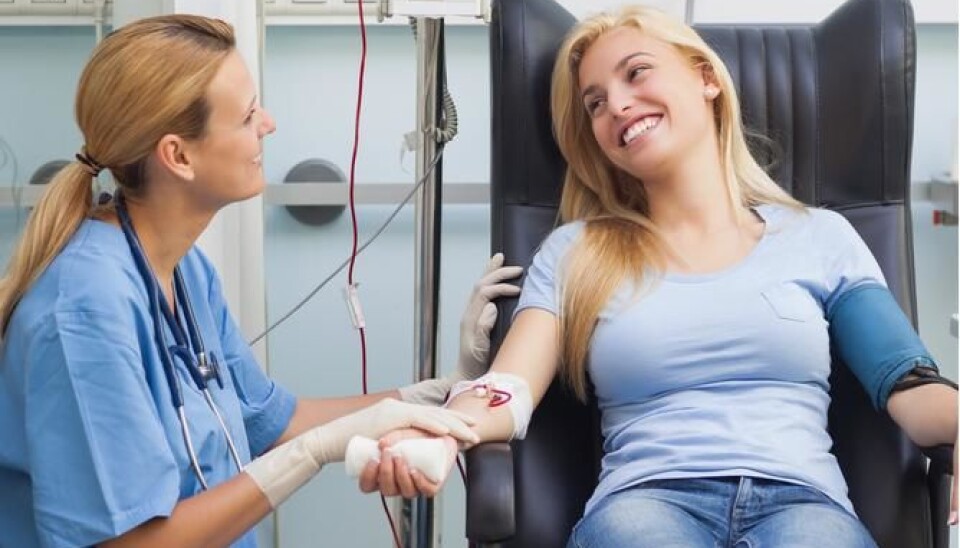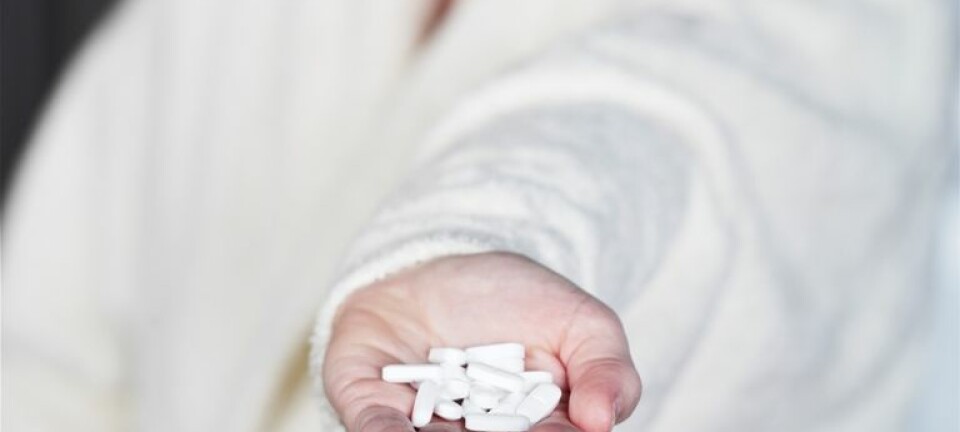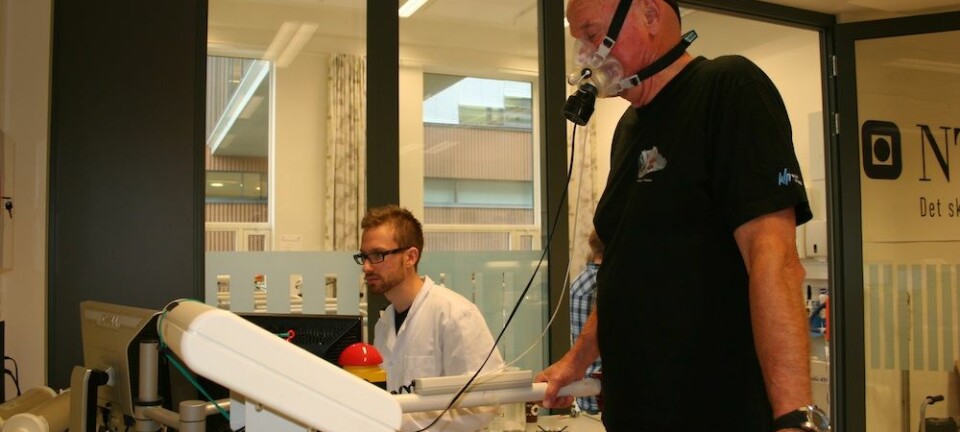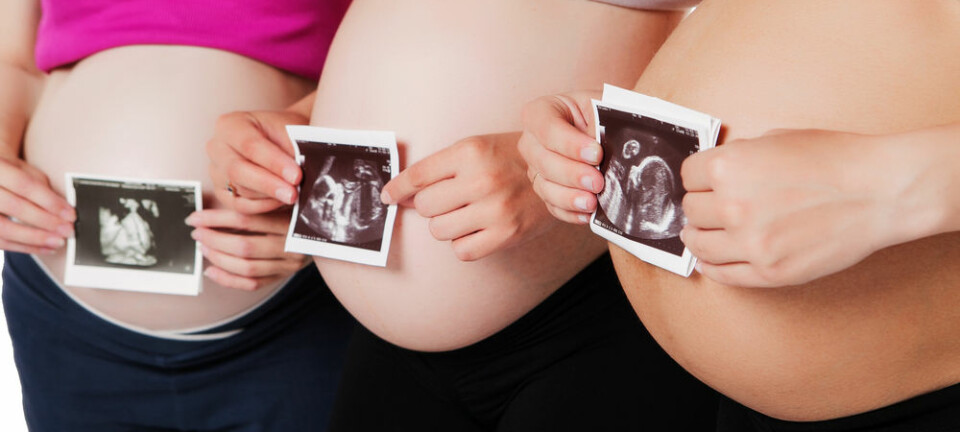
Study: Altruism is in our genes
Choosing to be a blood donor is hereditary, shows new research. Reveals bigger truth about altruism.
A new study has found a connection between altruistic actions and the composition of our genes.
"If you are a blood donor, then you are also altruistic, that is to say that you are charitable,” says Ole Birger Pedersen, consultant and associate professor at the Department of Clinical Medicine, Næstved Hospital, Denmark.
“What we’ve found is that the likelihood of performing such an altruistic act is in some part genetically determined—as much as 50 per cent,” he says.
“It’s a bit controversial, as it means being a good person to other people is hereditary," says Pedersen.
Pedersen and colleagues compared more than 700 identical and non-identical twins in blood donor registers. They discovered that identical twins are twice as likely to donate blood that non-identical twins.
According to Pedersen, identical twins are so similar that they both have a desire to donate their blood, and that this is down to genetics.
Twins provide natural test subjects
Pedersen and his team had already noticed in previous studies, that the twin registry was closely correlated with blood donor registries, and that identical twins were more likely to donate blood than non-identical twins.
Statistical tests allowed the researchers to calculate just how much of this charitable action was determined by genes.
"When we use mathematical models we can see that 50 per cent of the difference in the motivation to become a donor is due to genes, 30 per cent is due to a shared environment, and 20 per cent is due to other factors," says Pedersen.
Along with the rest of his team, he published the research earlier this year in the scientific journal Transfusion.
Inherited altruism is a common trait
Asbjorn Sonne Nørgaard is a professor of political science at the University of Southern Denmark and started a project that examines whether political attitudes and values are pre-determined by genes.
Nørgaard also uses the twin registry to measure heritability. In his opinion, Pedersen has adopted the correct method to test whether altruism is hereditary.
"It seems perfectly reasonable to view blood donation as one of the many expressions of altruism--an unselfish act, to do something good for others. It is also in line with research to see if such acts are a facet of human personality traits," says Nørgaard.
In previous studies, Nørgard demonstrated that the personality trait of 'agreeableness'--which encompasses benevolence, compassion, empathy, and respect--is genetically determined.
According to him, altruism is just one form of agreeableness.
Hard Proof: Charity is in the genes
This is not the first study to assess the genetic predisposition to be charitable. However, previous results have primarily been based on surveys with many opportunities for error.
In surveys, the results are hugely influenced by how the questions were asked and by how much personal information people choose to give up to the interviewer. According to Pedersen, blood donor registers provide a more objective picture.
"We've got hard evidence that they engaged in an altruistic and benevolent act of blood donation, and they do it because it’s determined by their genes. There are no sources of human error,” he says.
“It’s all in the statistics. We haven’t found a new gene, we just found that there is a hereditary factor and that it must determine the motivation for whether you choose to become a blood donor or not," says Pedersen.
----------------
Read the Danish version of this article on Videnskab.dk
Translated by: Catherine Jex
Scientific links
- "Plasma Microrna Predicts B-Cell Lymphoma up to 12 Months before Diagnosis – Data from the Danish Blood Donor Study", Blood (2014)
- "The heritability of blood donation: a population-based nationwide twin study", Transfusion (2015), DOI: 10.1111/trf.13086
- "Heritability of psoriasis in a large twin sample", British Journal of Dermatology (2013), DOI: 10.1111/bjd.12375









